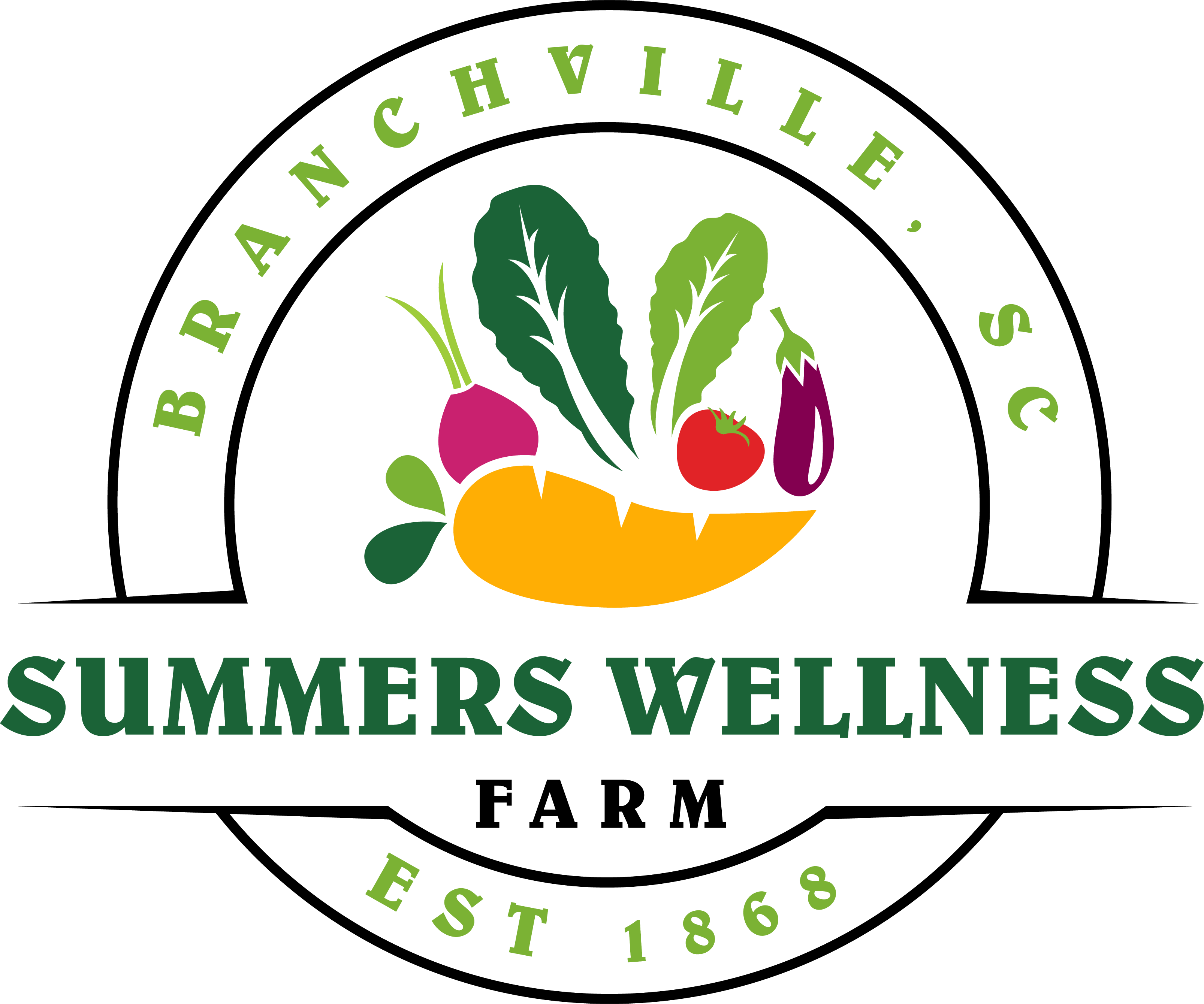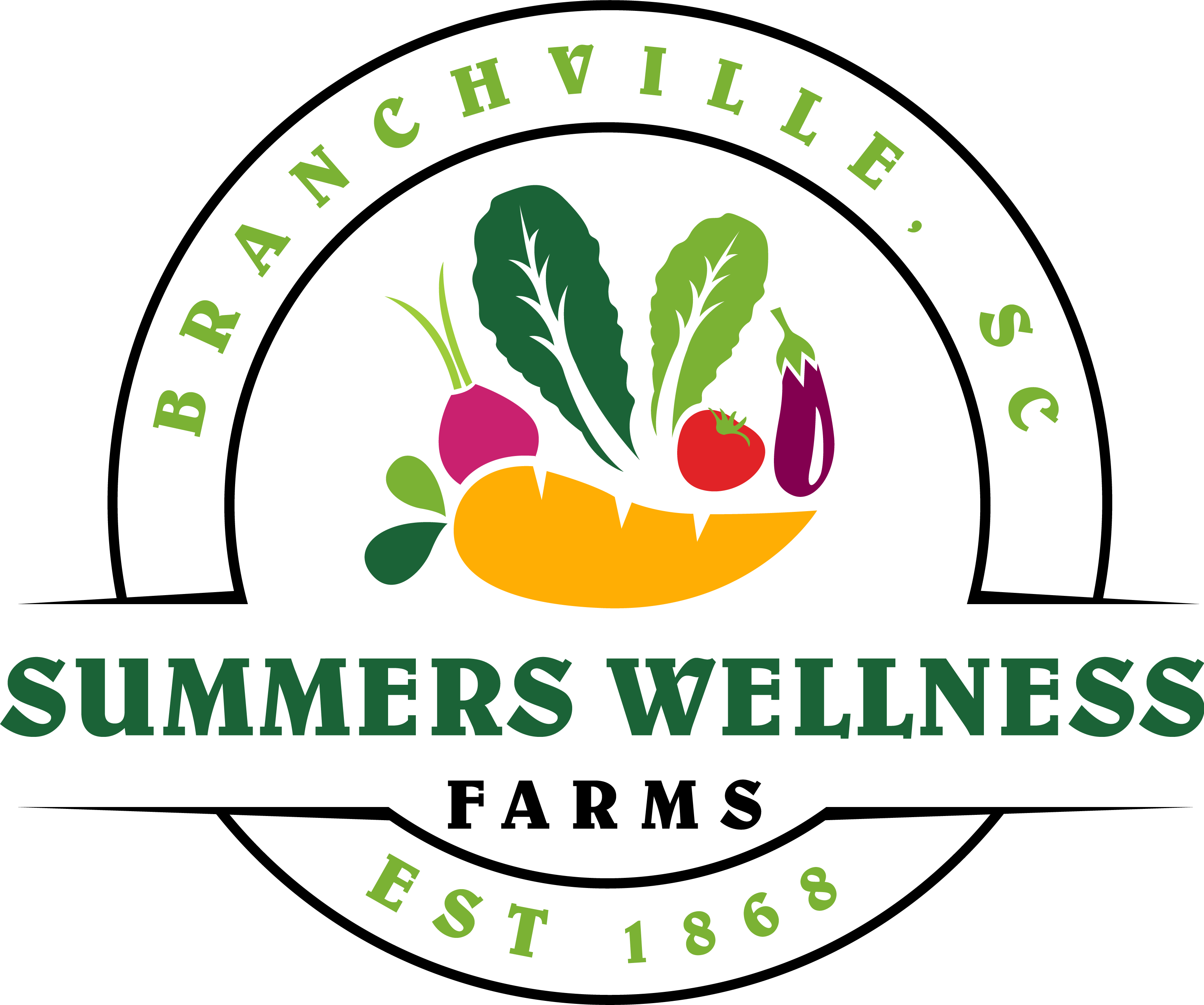In recent years, consumers have become increasingly concerned about the food they eat, especially how it’s grown and the potential chemicals used in the process. As a result, organic produce has gained immense popularity for its perceived health benefits, environmental advantages, and avoidance of synthetic chemicals. But one common question often comes up: Is organic…
Managing blood sugar levels is critical. A key metric for assessing long-term blood sugar control is the A1C test, which reflects average glucose levels over the past three months. Nutrition plays a pivotal role in reducing A1C, but with an abundance of conflicting dietary advice, identifying the most effective foods can be challenging. But do…
In a world where ‘organic’ is becoming a buzzword, many are left puzzled over which fruits and vegetables truly deserve the organic label, and which ones might just be better left on the conventional shelf. The benefits of eating organic are well known: organic fruits and vegetables are grown without synthetic pesticides or fertilizers, are…
In recent years, hydroponically grown vegetables have gained significant attention for their sustainable practices and efficiency in growing food without soil. Many people associate hydroponics with organic farming due to its eco-friendly appeal, but there’s considerable confusion about whether these vegetables can be considered organic. The term “organic” carries specific legal and regulatory meaning, and…

